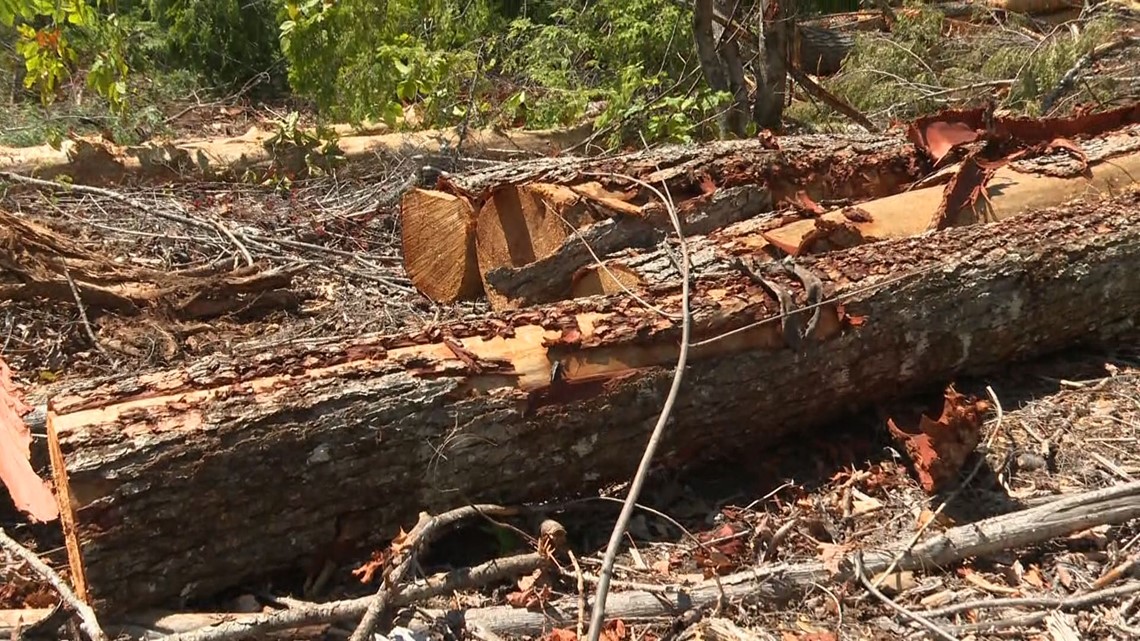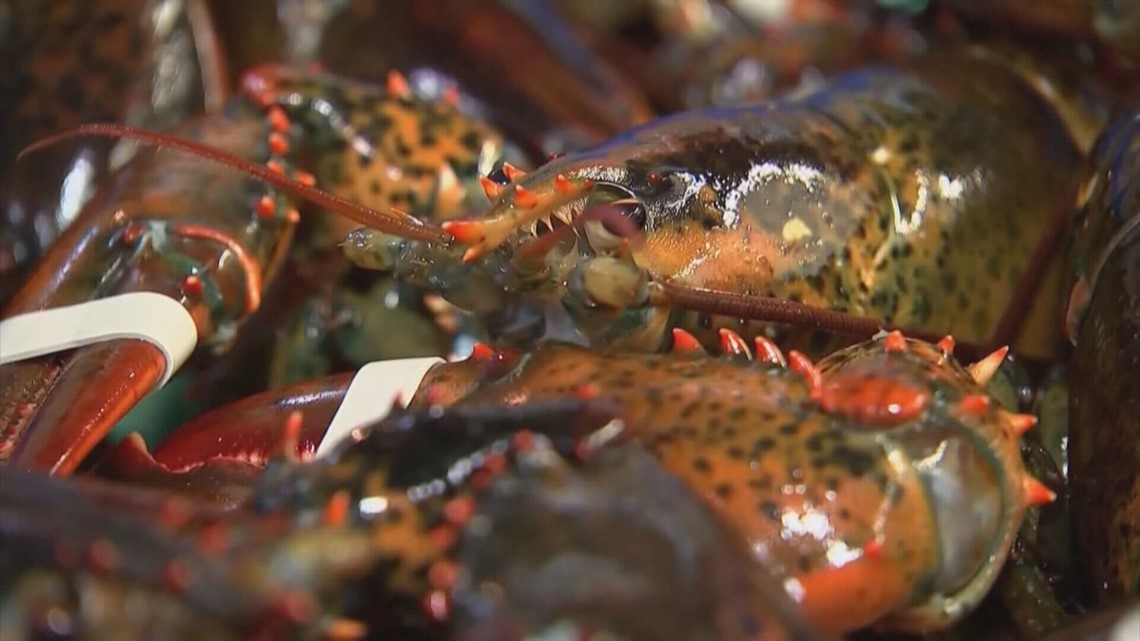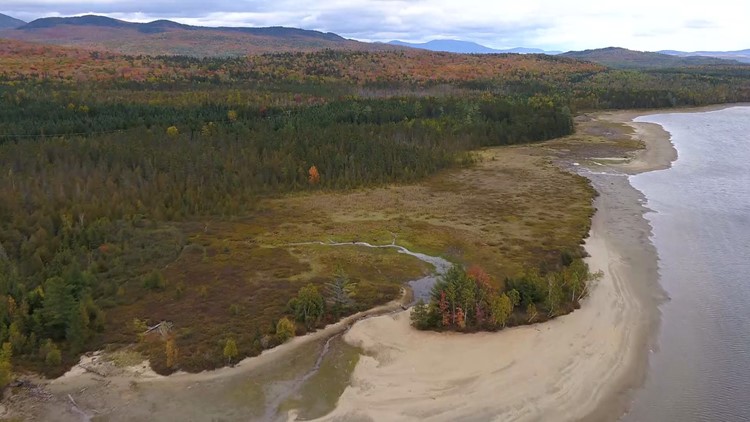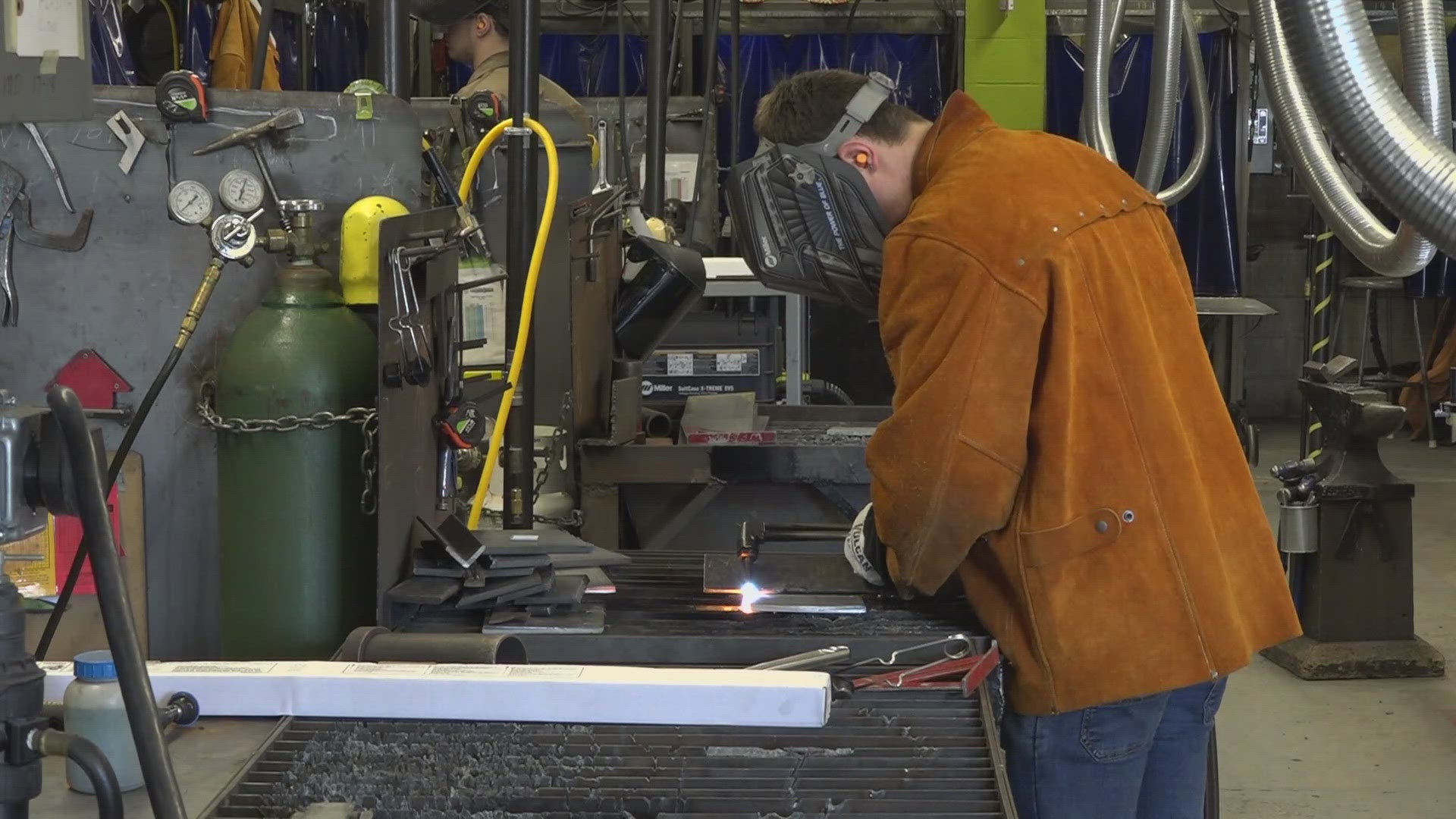PORTLAND, Maine — When discussing Maine's changing climate, the economic impacts may get glossed over.
To put that idea at the forefront of people's minds, the Maine State Chamber of Commerce hosted its first "Economics of Climate Change" webinar on Wednesday.
"Maine won’t wait. And we all know, on this issue, we truly can’t afford to wait," Chamber President Dana Connors said.
This conversation was focused on the current climate impacts on the state's economy. Panelists from some of Maine's heritage industries included Pat Strauch, the executive director of Maine Forest Products Council, Rauni Kew, the green program manager at the Inn By The Sea, and Curt Brown, a marine biologist at Ready Seafood.
Strauch said the forestry industry is already adapting to Maine's changing climate. Most of the tree and wood removal happens when the ground is frozen, he said, to avoid causing mud. And it's a way of being more sustainable.
Companies have also adopted new machines and technology to use during those conditions.
As some areas south of Maine get warmer, Strauch said there are ripple effects in Maine's woods.
“The northward migration of insects and diseases it’s perhaps our greatest threat," he added.
While the days of mass paper production have come and gone, Strauch said a sector of his industry is diversifying its packaging materials as Maine has seen an increase in goods being shipped from here.


Strauch added forests are still a major asset for the state. He said the majority of emissions from oil and gas products are captured in Maine's wooded areas.
Those areas, Strauch added, are also being sold to companies to offset their carbon emissions, another way to boost the forestry industry.
“Our natural environment is really what brings people to the state," Rauni Kew said during the virtual event.
Kew said Maine's hospitality and tourism industry is an "enormous" sector for the state, as it is connected to more than 100,000 jobs and billions of dollars for the economy.
There are ways our hotels and restaurants can do their part to combat climate change, she added.
While the practice of reusing hotel towels and sheets hasn't been adopted industry-wide, she said more businesses are eliminating single-use plastics like straws and water bottles, to the delight of visitors, Kew added.
“Just at our tiny Inn alone, that saves 1,800 plastic water bottles a month," she said.
And, of course, when a tourist thinks of Maine, lobster surely comes to mind. So protecting the industry has been a focus for Brown.
“As the climate changes, [Maine's ocean] ecosystem has the potential to change as well," the marine biologist for Ready Seafood added.
Brown said some areas south of the state lack of lobster monitoring and sustaining practices that have affected other fishing communities. But Maine has done its job to keep the lobster population in good shape.
“If we are going to survive as an industry, we need to keep our finger on the pulse," Brown added.


Some other ways lobstermen can be more sustainable, Brown said, is selling lobster shells to be used for soil, as they can act as a pesticide and a bio-fertilizer.
Like all industries, lobstermen use trucks to ship their catch up and down our state and across the country. Brown said Ready Seafood and other companies are looking at ways to use electric trucks to further cut emissions use.
The Maine State Chamber of Commerce will host two more similar webinars on the economics of climate change. Those dates and speakers will be announced soon.



